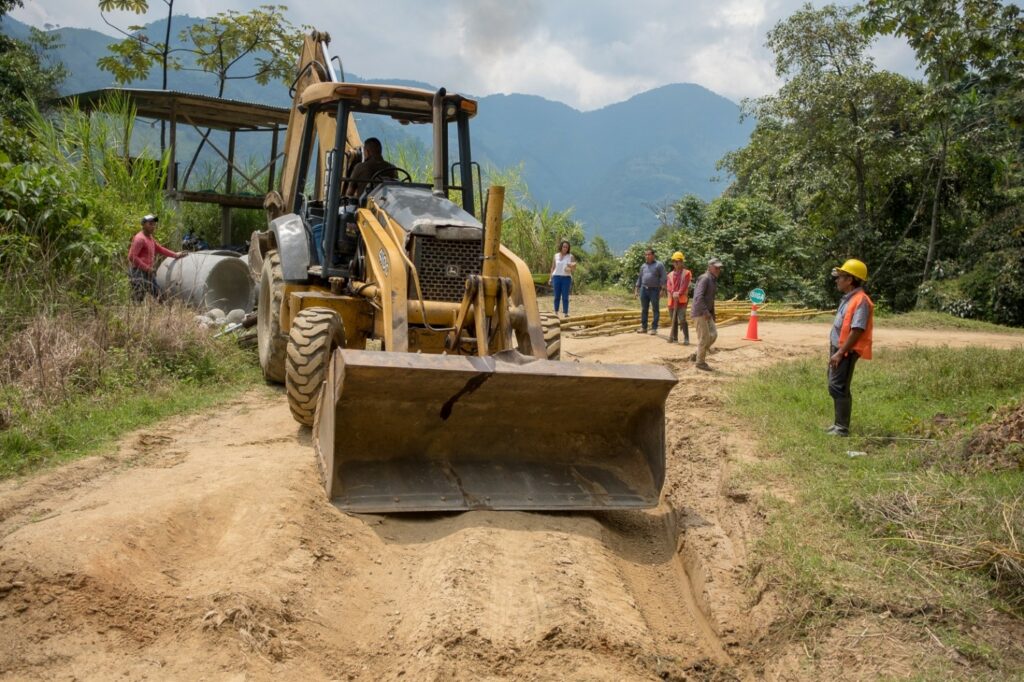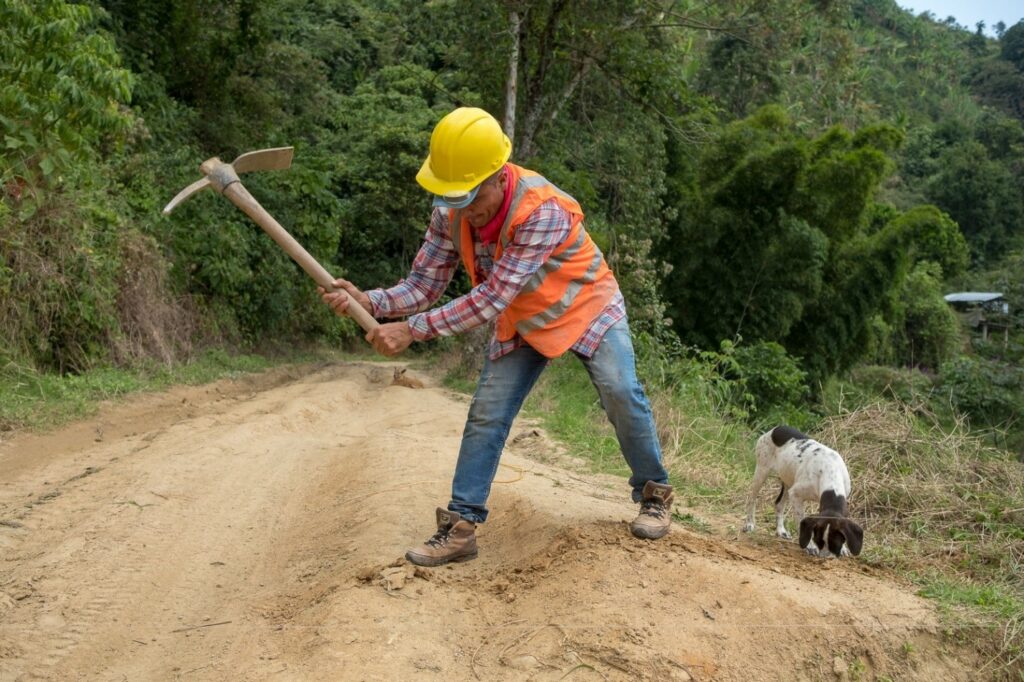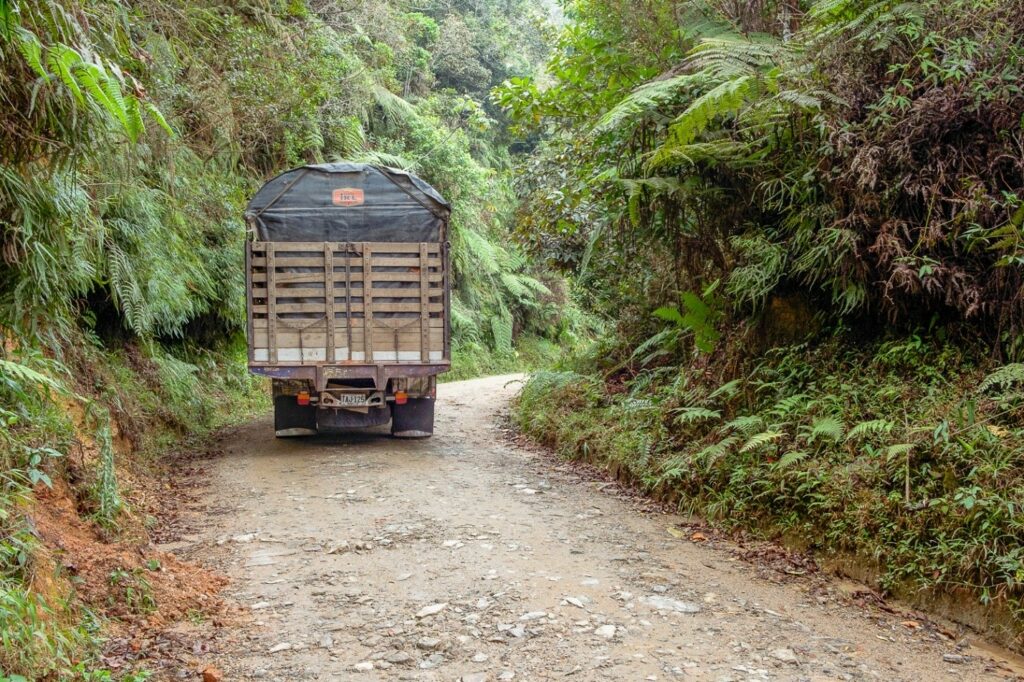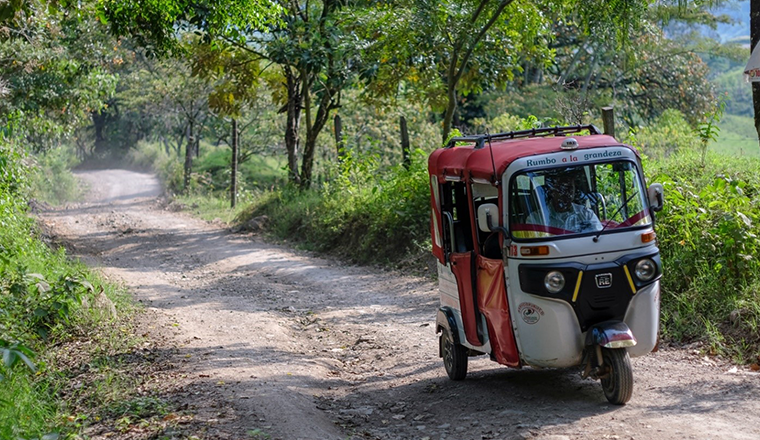
In El Jardín, a small Colombian village located seven hours away from the nearest city, the single, dusty, poorly paved road leading into the village regularly flooded out, leaving citizens unable to go about their daily activities. The frequent flooding also earned the road an unusual nickname.
“[The road] is commonly known as the Water Slide. It has no drains or culverts, so when it rains, it becomes a mudslide,” said Mr. Gonzalo Cifuentes, a vibrant coffee grower living in the rural village, located in the municipality of Planadas, Tolima. “A journey from the urban center that should take about 40 minutes becomes a five-hour expedition on foot while pushing the car uphill.”
Many of Planadas’ rural inhabitants faced the same difficulties. Despite the municipality’s status as the third largest producer of coffee in Colombia, most of its 514 kilometers (319 miles), of tertiary roads are poorly maintained. This makes it difficult for residents to conduct business activities and access education and health services.
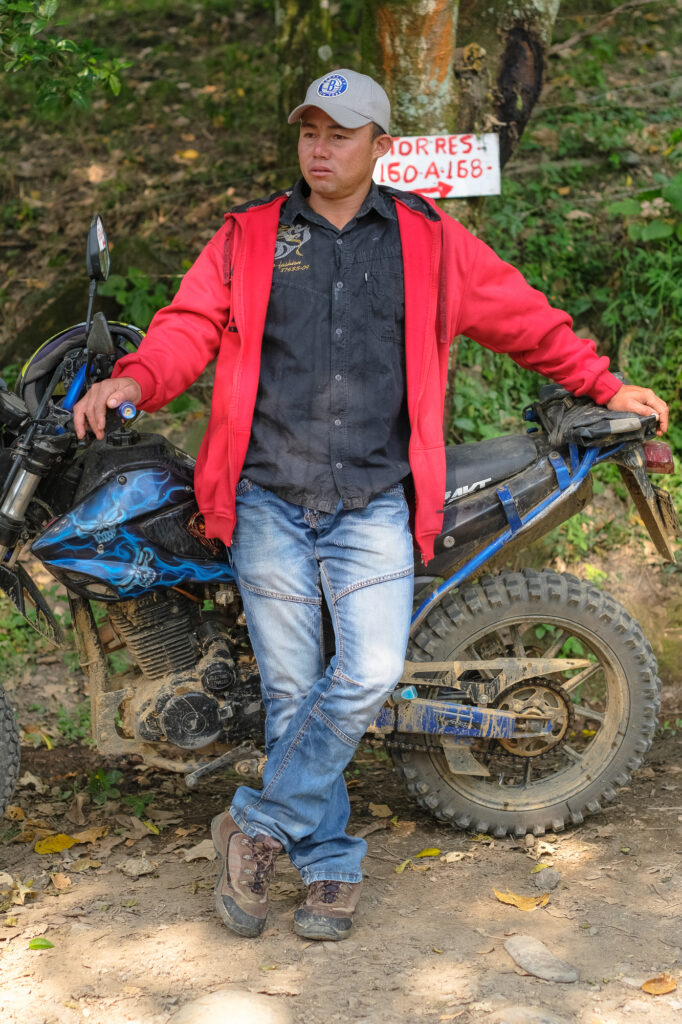
Our USAID-funded team implemented a unique approach to bring together the local administration and civil society, resulting in a successful community model and the improvement of 80 kilometers of roads per year.
USAID’s Advancing Partners and Communities (APC) model creates a mixed partnership, managed by civil society organizations. The model has been successfully utilized in other regions and Latin American countries, as well as other regions of Colombia, and involves collaboration across all levels of the community.
In Planadas, the local administration is lending labor and machinery, USAID is providing materials and technical assistance, and the community is offering unskilled labor. The Planadas road management system is known as “Peace Roads,” or Caminos de Paz.
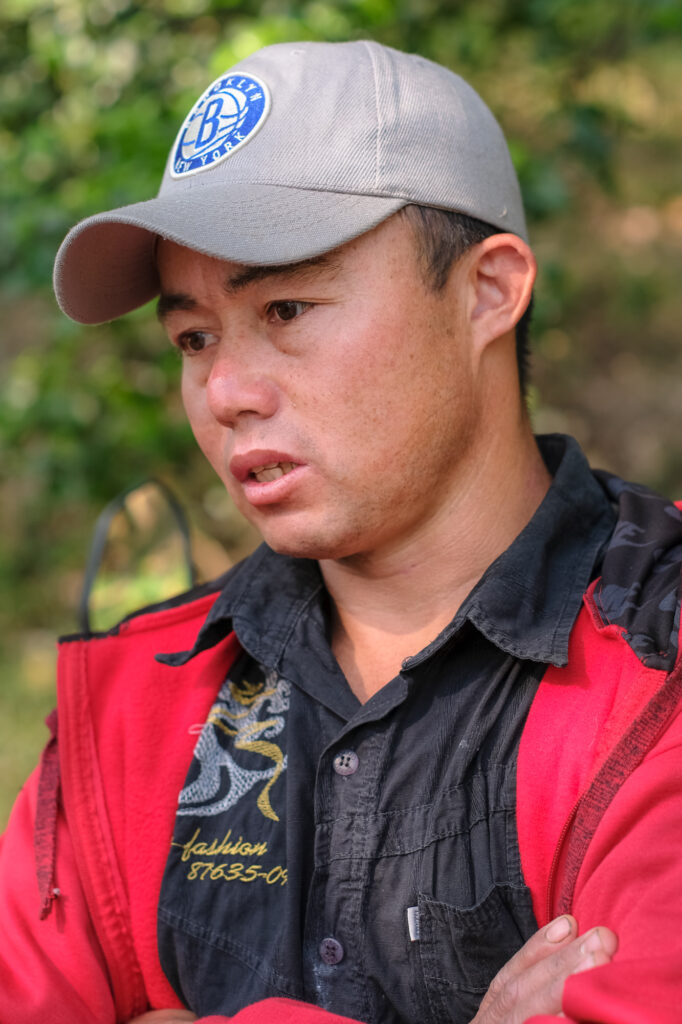
“This is an alternative for us to overcome our problems. To us, this dusty road is like a freeway. If we can do anything to improve it and, with it, our lives, we must!” shared Mr. Cifuentes.
His eagerness, however, was not the shared sentiment across the community at first.
“It was very difficult to get people on board. There was a lot of misinformation,” said Mr. Jorge Hernández, the newly elected manager of the Peace Roads.
Community members initially thought the initiative was a way for the local administration to evade responsibilities, but after they reached out and shared their goals, skeptics were swayed.
Today, Peace Roads has 46 members: 35 community action board members, nine coffee growers associations, one transport cooperative, and the local administration. Together, they have identified critical roads to tackle and each has done its part to solve challenges.
Citizens and friends lent the project vehicles to transport materials (including pipes of over 1,500 pounds), men helped lay down the pipes with their bare hands, and others used construction material provided by USAID to build the drain that turned the Water Slide into a functional road.
